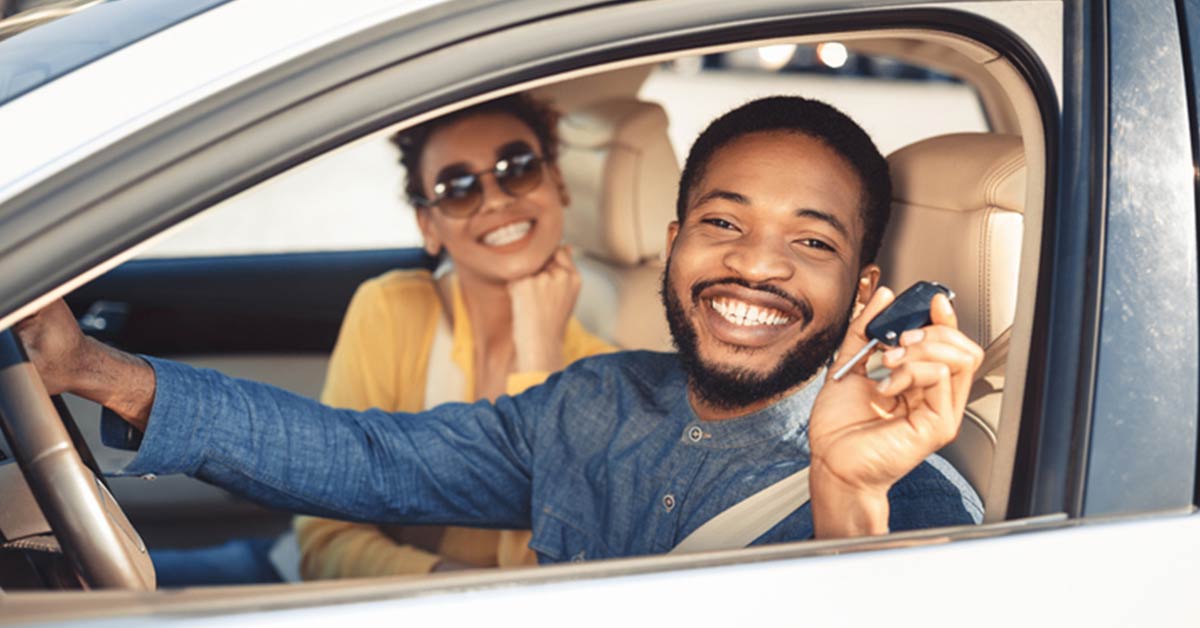Every 14 seconds someone is injured in a car accident. Unfortunately, that means the chances are pretty high that at some point in your life, you will be involved in a crash. What you do in the minutes following that accident could affect your safety and your wallet.
If you are in a crash, try to keep calm and stay safe. Evaluate yourself and your passengers for injuries. If there is any question of a serious injury, move as little as possible and call for help. If it is a minor accident, move the cars to the side of the road. The last thing you want to do is be involved in a secondary accident. If you can’t move your car, turn on your hazard lights, and assess whether it is safe to remain in your car (with your seat belt on) or get out and move to a safer location. Be very careful to watch for oncoming traffic.
To prepare for such an event, put together an accident emergency kit and keep it in your car. It should include pen, paper, a card containing information on allergies or medical conditions if applicable and emergency contacts; also a flashlight, a disposable camera (if you do not have one on your cell phone), emergency flares, and a blanket.
In California, police officers will not come to the scene unless there are injuries, drugs or alcohol are involved, the accident is a hit and run, or city property is involved. So it is important that you exchange information: name, address, phone number, auto insurance information, driver’s license and vehicle license plate numbers, a written description of the car including the year, make, model and damages. Do not admit fault or assume liability for the accident. Take photos of the scene and the vehicles. If no camera is available, diagram the accident scene. If there are any witnesses to the crash, ask for their contact information.
Even if the damage is minor and you decide to handle the repair bills between the drivers without involving your insurance company, you still need to gather the above listed information. Frequently, the other driver will back out on paying for the damages once he sees the estimates. At that point, if you don’t already have the information, it can be much more difficult for the insurance company to start an investigation and piece together details of the accident. Bear in mind, also, that your insurance policy may require you to report any accident, no matter how small, and offering a settlement on your own may jeopardize your coverage.
- Check all parties for injury
- Summon aid and police if necessary
- If possible move all parties to a safe location
- If possible move vehicles to a safe location
- Exchange information with other drivers
- Obtain names and contact informaiion for witnesses
- Take photos if possible
Â
This content is offered for educational purposes only and does not represent contractual agreements. The definitions, terms and coverages in a given policy may be different than those suggested here and such policy will be governed by the language contained therein. No warranty or appropriateness for a specific purpose is expressed or implied.

